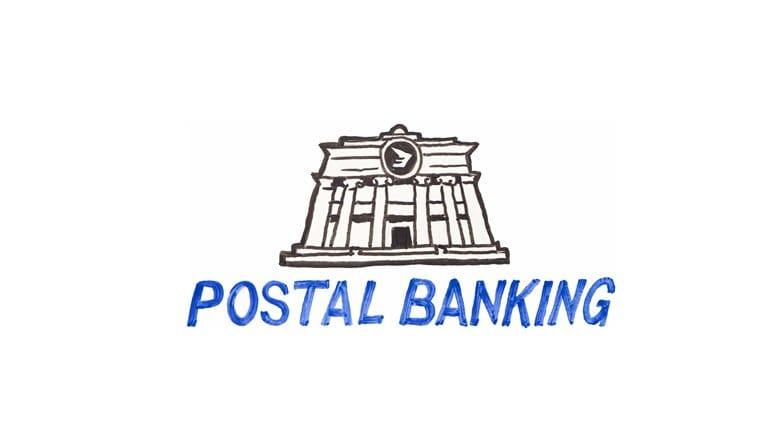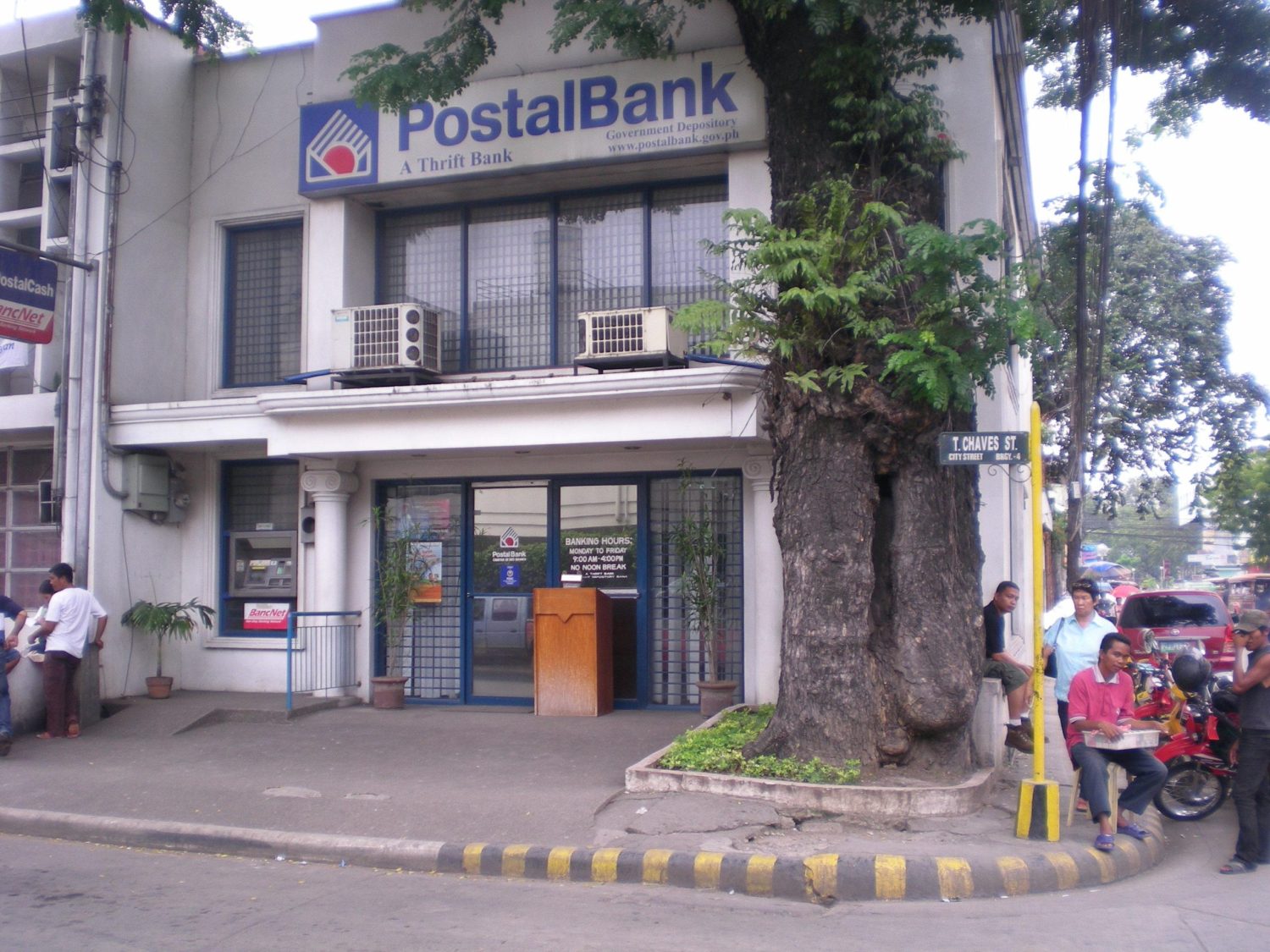
– Can anyone open a postal banking account, or are there eligibility requirements?
What to Know About Postal Banking: A Comprehensive Guide
Have you ever wondered about an alternative to traditional banking services, or perhaps a way to make your daily banking transactions more accessible? If so, the solution might lie within something you may not have considered before — postal banking. In this comprehensive guide, we delve deep into Postal Banking, giving you the ins and outs of this often-overlooked offering.
What is Postal Banking?
Postal banking, which is also referred to as post office banking, is a type of banking service offered by postal services. It provides individuals with the ability to engage in various financial transactions, ranging from savings accounts, bill payments, international money transfers, to even insurance services, right from their local post office.
Because of the widespread presence of post offices, even in rural and remote regions, postal banking has been particularly beneficial in promoting financial inclusion. It breaks the barriers traditional banking might impose, bringing banking services closer to the citizens.
The Historical Perspective of Postal Banking
Postal banking is not a new concept. This system trace back its roots to Great Britain in 1861 and quickly spread to other countries. In the United States, it functioned from 1911 to 1967, was later abolished, and is now being reconsidered as a possible solution for unserved and underserved communities.
Benefits of Postal Banking
- Accessibility: With a post office in almost every locality, even in remote rural areas, postal banking provides an easily accessible service to individuals who might struggle to reach traditional banking outlets.
- Inclusion: By providing financial services to all, including low-income families and individuals, postal banking promotes financial inclusion. It helps eliminate the ’unbanked’ or ‘underbanked’ status in an economy.
- Cheaper Services: Generally, the cost of services offered through postal banking is lower than those of traditional banks, making basic banking services more affordable to the masses.
- Simplicity: Postal banking operations are typically straightforward, making it easy for anyone to understand its workings and carry out financial transactions.
A Case Study: The Success of Postal Banking in France
La Banque Postale, the banking division of La Poste, the national postal service in France, offers a successful example of postal banking. La Banque Postale is widely popular due to its accessibility and offers services such as savings accounts, insurance, and loans. It serves over 10 million active customers, many from marginalized communities, and has garnered praise for its ability to stimulate financial inclusion and funnel savings back into the economy.
How Does Postal Banking Work?
Like any other banking operation, the postal banking system operates on the management of deposits and credit. Once you open an account at your local post office, you can deposit funds, make withdrawals, pay bills, send money, and enjoy other services offered by the postal banking system. Some postal banks also offer electronic banking options, connecting customers with their accounts online or through mobile banking apps, thereby increasing convenience.
Conclusion: The Potential of Postal Banking
There is much to understand about postal banking, especially given its immense potential to act as a catalyst for socio-economic inclusion and development. By bringing financial services to farmers’ doorsteps in rural areas or to someone in an urban landscape with no bank within reach, it alleviates the stress associated with ‘banking deserts.’ As this banking model becomes more visible, it is indeed a path worth considering for countries hoping to strengthen their financial inclusion strategies. Postal banking isn’t new – but it’s a principle that is surely seeing a revival in the modern world of finance.


